Kyō
today
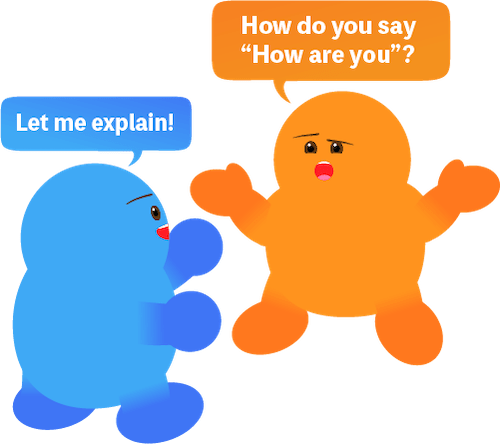
Many Japanese learners are curious about how to say “How are you” in Japanese and probably you too.
The word we use is:
Genki
It literally means “energized”. So you might think the dialogue would go something like this:
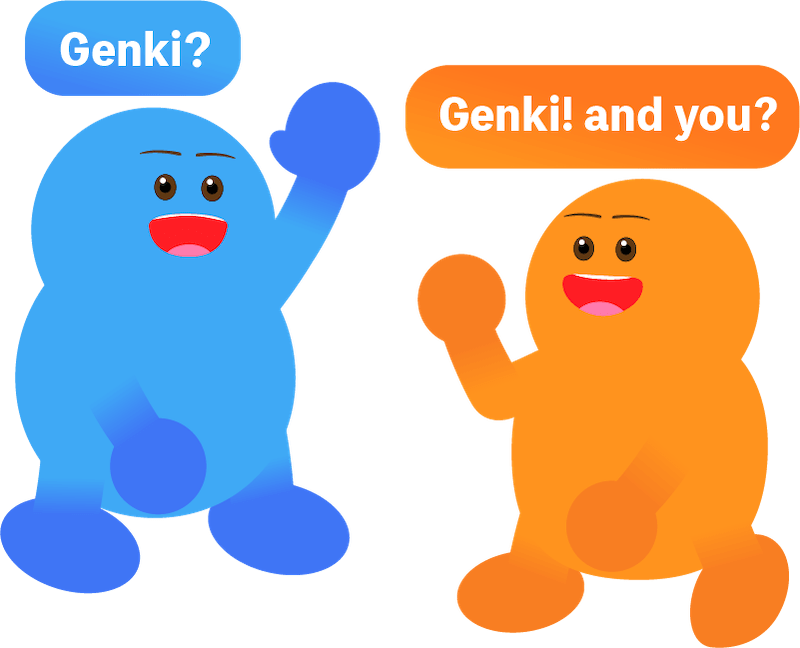
But in reality, we don’t usually greet each other this way in Japan. If I said Genki to my friend, their reaction might be more like:
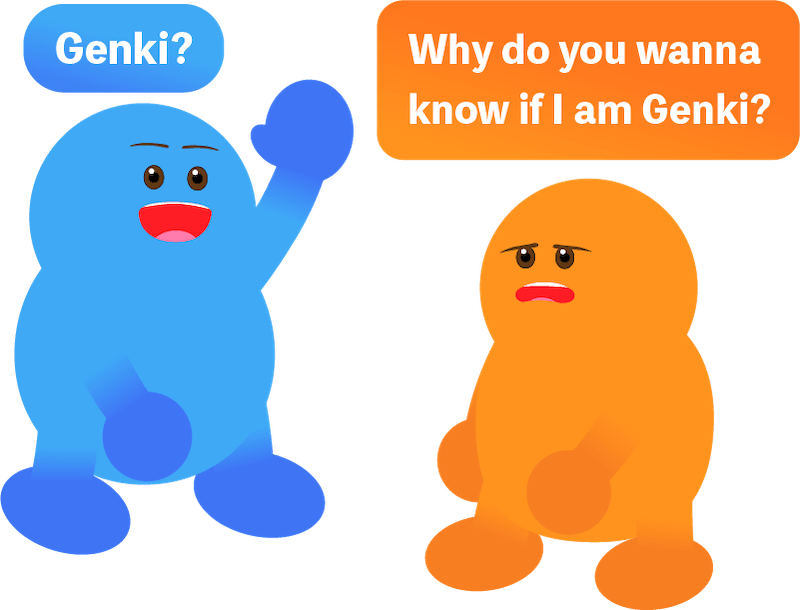
They'd likely ask, "Why do you want to know?"
So, we don’t ask “How are you?” like you do in English.
We usually ask if we genuinely want to know if the person is doing okay, maybe after not seeing them for a long time, if they were sick or seemed down the last time we met, or if they just don’t look well.
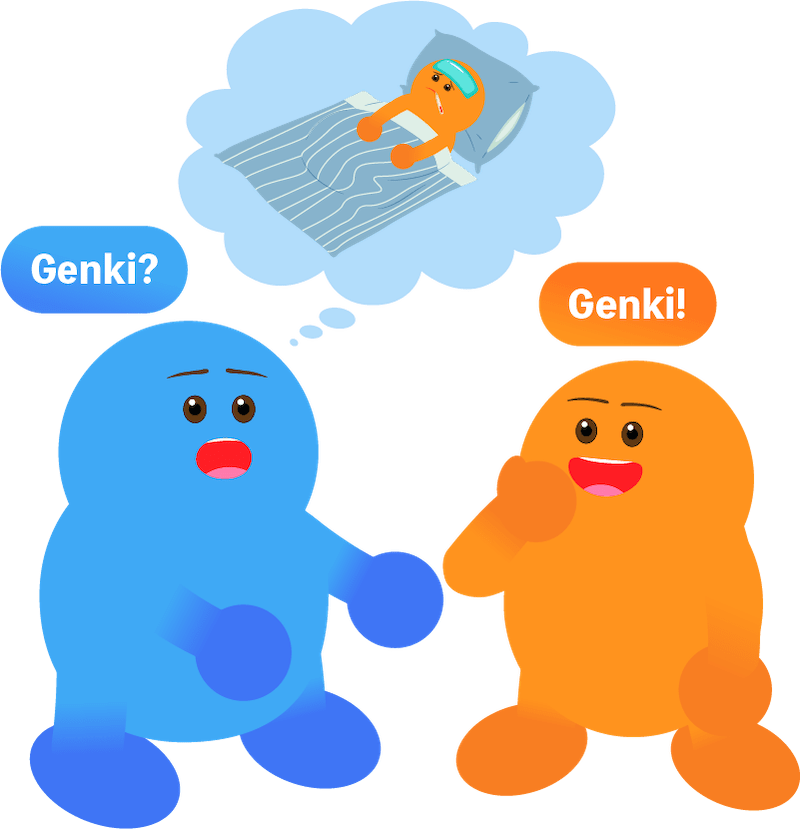
So, if you saw your friend yesterday and see them today again, it is weird to ask them how they are doing.
But while it's not common among Japanese people, we understand that when non-Japanese speakers use Genki, they use it like “How are you?” in English.
So, if you're used to asking people how they are doing every time you see them, feel free to use it in Japanese.
But remember, it’s not a typical practice among native speakers.

We usually greet as we already learned in previous lessons.
In the morning, we say Ohayō, and in the afternoon or later, we say Otsukare and we don’t really use Genki.
When I talk to Japanese learners, I'm also often asked how to say "How was your day?" in Japanese.
The truth is: This phrase isn't common in Japan either. The direct translation is:
KyōDōdatta?
which breaks down to:
Kyō
today
Dōdatta
how was (it)
While the meaning aligns with English, we usually ask this only if we know someone had a special event that day, like an exam or job interview.
So instead, we need to be more specific, like school or work.
And you just need to add the context before Dōdatta :
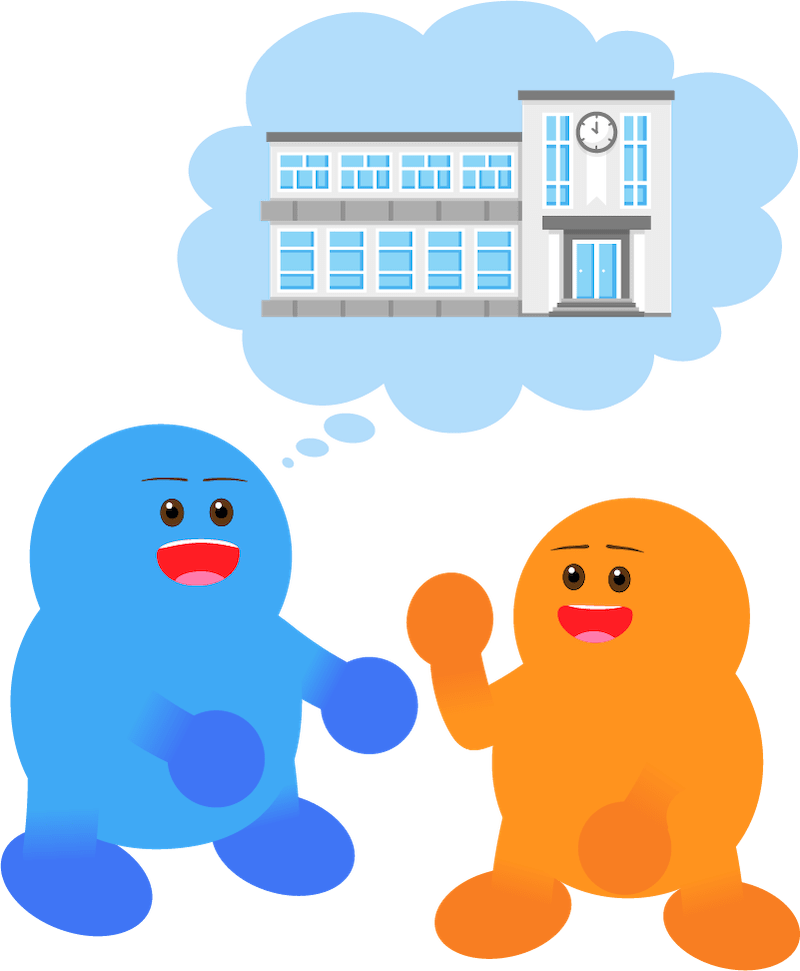
KyōGakkōDōdatta?
How was school today?
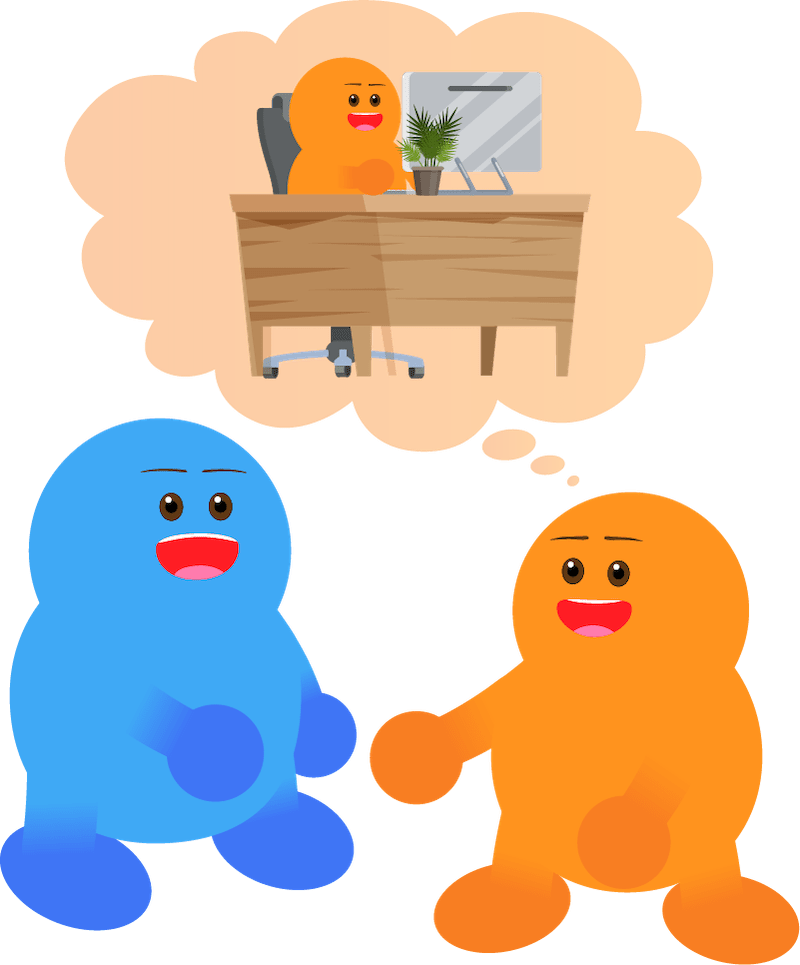
KyōShigotoDōdatta?
How was work today?

KyōDētoDōdatta?
How was your date today?
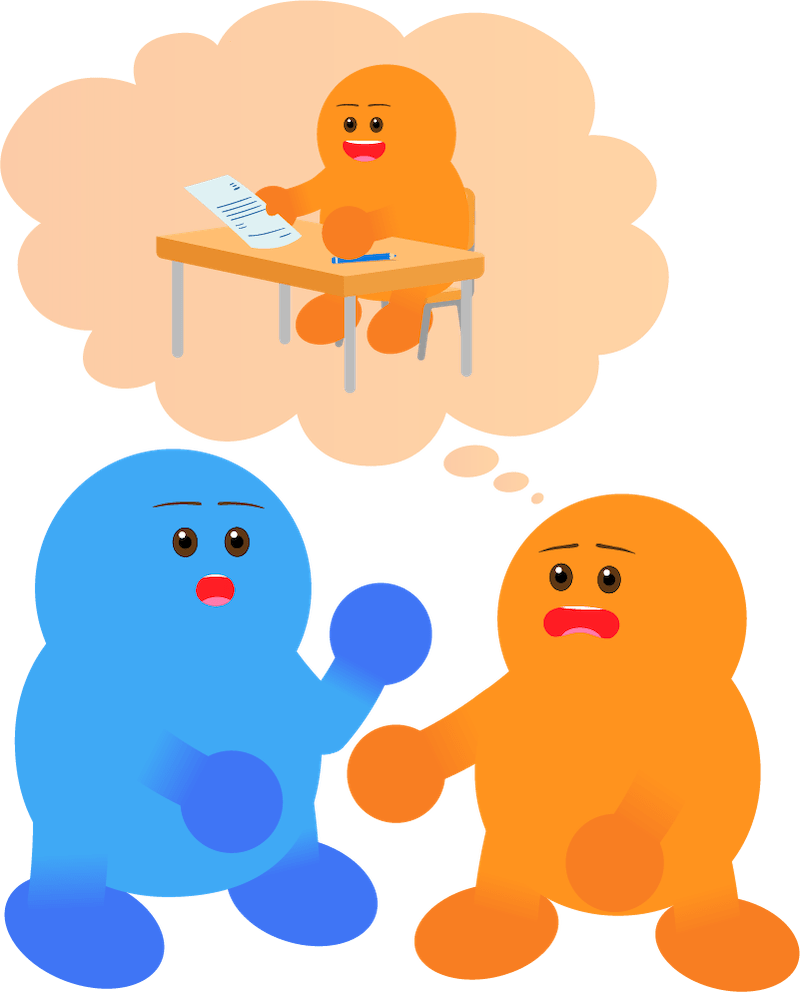
KyōTesutoDōdatta?
How was the test today?
Asking KyōDōdatta? without any context might leave the person a bit puzzled. So make sure you specify the event.
Now, you might want to know how to reply but there are so many ways to answer.
So let me teach you four basic answers that I often use. They're pretty straightforward and useful:
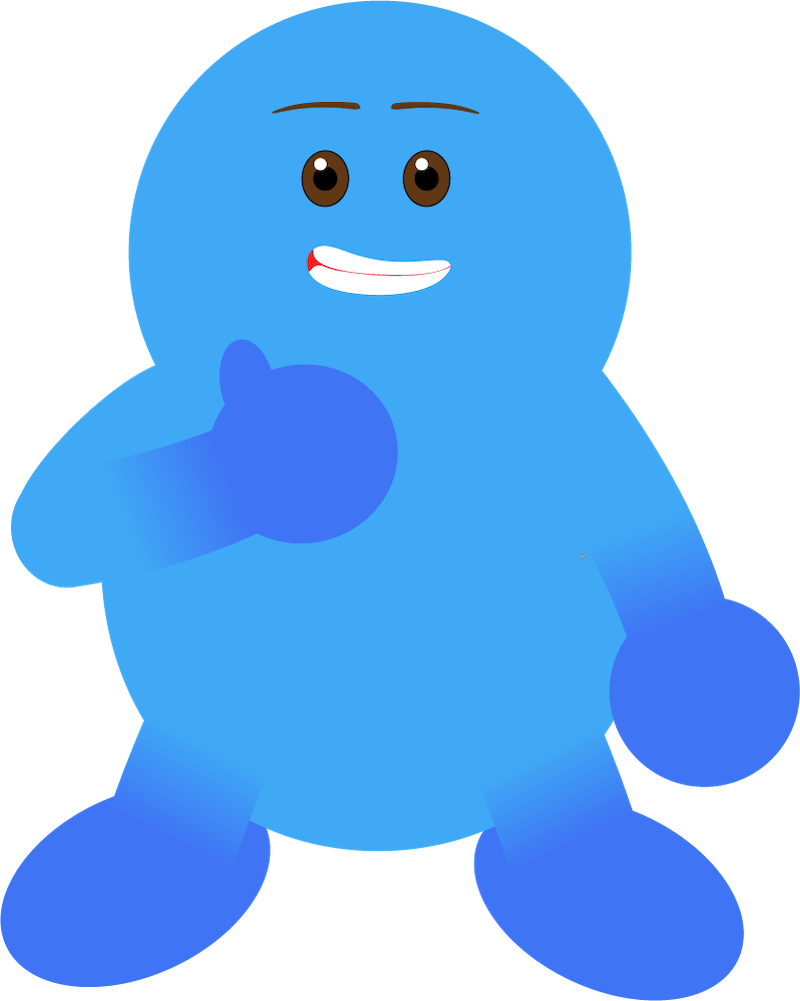
Yokatta
It was good

AmariYokunakatta
It was not really good

Tanoshikatta
It was fun
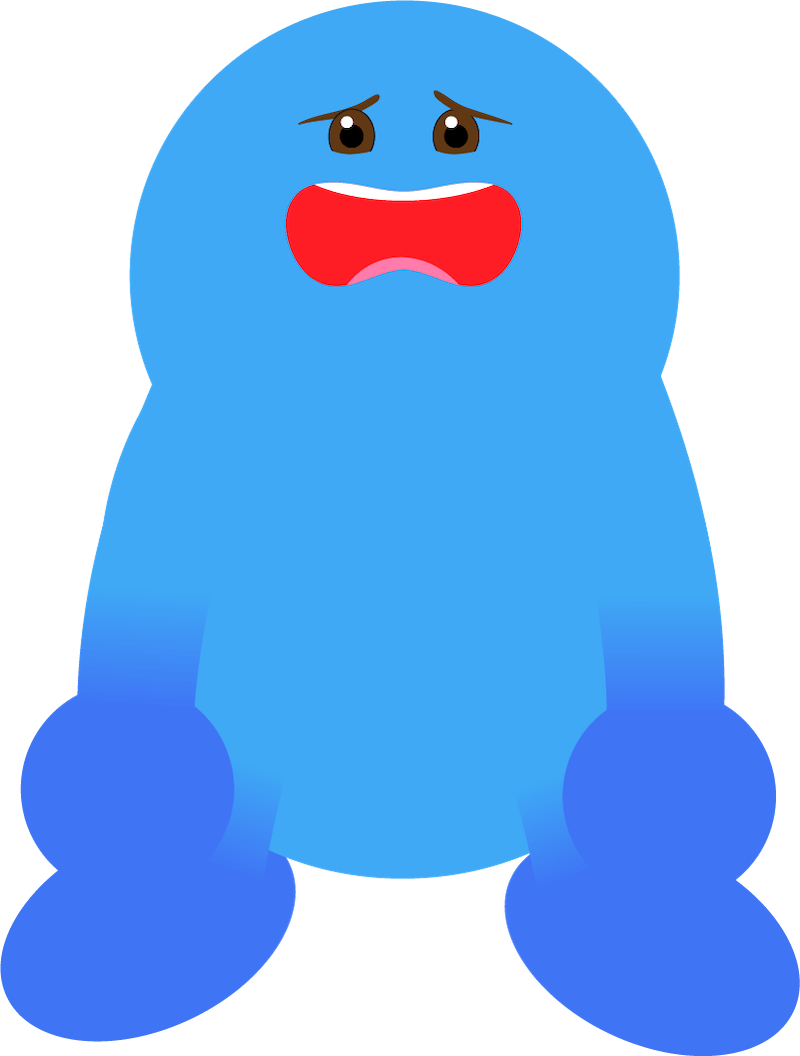
Tsumannakatta
It was boring
These are my go-to responses and can cover a range of typical days. We will learn basic adjectives in future lessons, and I'll teach you all about them in detail there.
By the way, if you want to say them in Keigo, all you need to do is to add Desu:

YokattaDesu
It was good

AmariYokunakattaDesu
It was not really good

TanoshikattaDesu
It was fun

TsumannakattaDesu
It was boring
Lastly, if you still want to ask someone's day in general, it's more common to ask:
KyōNaniShitaNo?
What did you do?
To answer this question properly, it really depends on what you did and you need to be able to talk about your actions.
So for now, just remember that we say Genki when we really want to know if someone is doing okay, and we don’t ask about someone's day in general unless it’s about a specific event.
Otherwise, ask what they did.